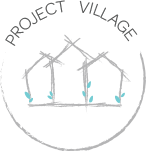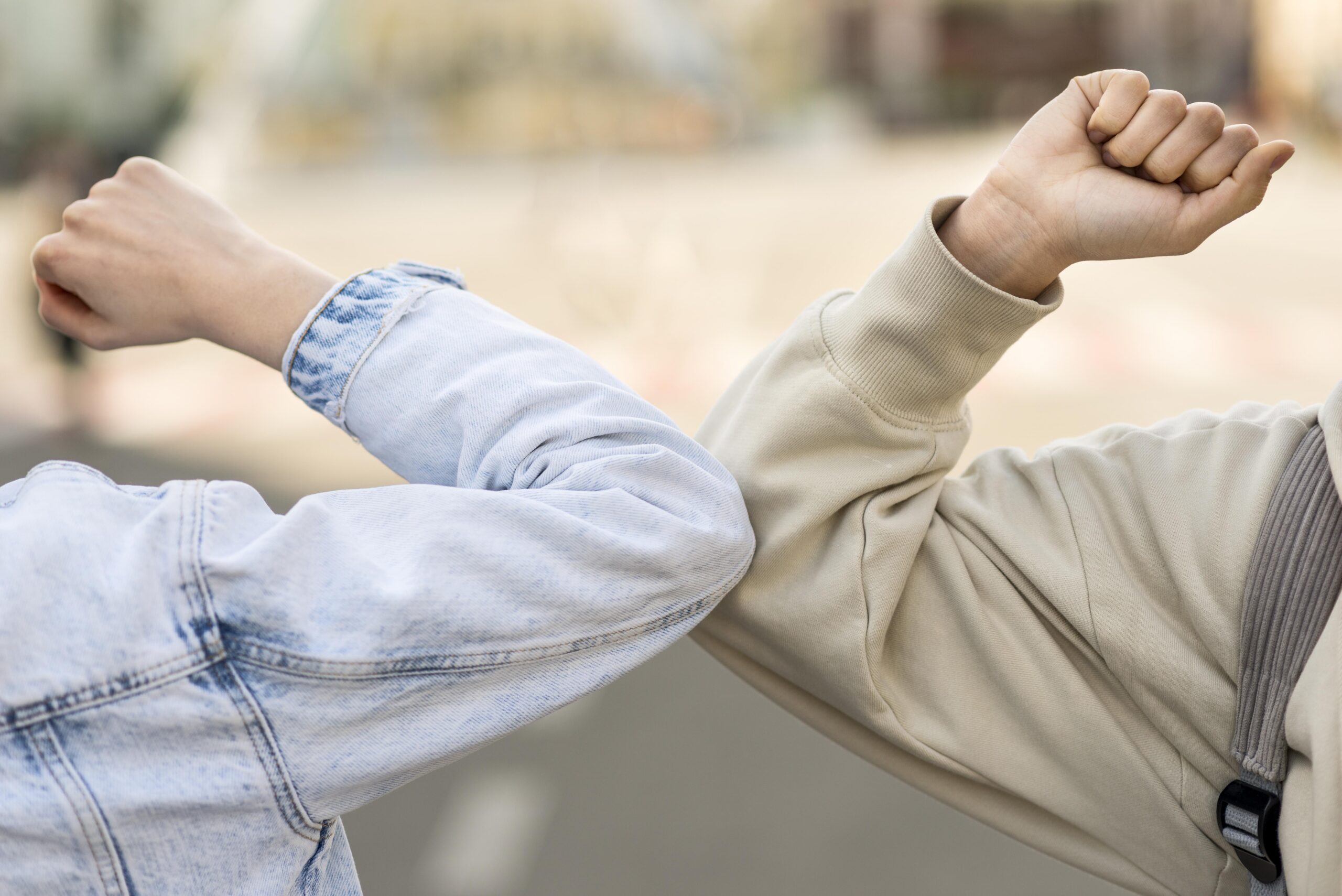I’ve been brainstorming this post in my head over and over in the past months of quarantine. As our country moves through this COVID-19 health crisis, we’re essentially living through a worldwide social experiment: how will we, as humans, cope with unprecedented levels of uncertainty, fear, and overwhelm?
As a mom and wife, I’m trying to make sense of this question myself while I struggle to maintain order and safety at home, allowing my family to get through this crisis unscathed (both emotionally and physically). But I’m also a mental health professional, which means I’m viewing this historical moment through the lens of our collective emotional wellness. I can’t even fathom the ripple effects of devastation, loss, and impact that individuals and families will experience over the next several months and years. I’ve always been proud of my ability to be a “change agent,” but I now feel helpless about how I can possibly support those most vulnerable in this moment of need.
So while this may be one more piece of advice in your feed, here’s a small dose of sanity to carry throughout your day — just in case you were wondering why mental health is important in these crazy times.
Silencing the “shame gremlins”
Brene Brown, a well-respected researcher in the field of shame and vulnerability, sometimes talks about what she calls “shame gremlins,” metaphorical creatures that whisper into our ears to feed into our anxiety, depression, and addictio ns. These shame gremlins tell us we’re unworthy, that we’re less than we are, that we’re not smart or strong or skillful enough.
Personally, I’ve had a hard time with these shame gremlins lately. They’re noisy and ever-present these days, leaving me feeling like I’m “not enough” to face the overwhelming current circumstances.
But I’m certainly not alone. I read posts on social media and realize that there’s a widespread feeling of Not Enough: “I’m not teaching my child well enough at home,” “I’m not productive or smart enough to work from home,” “I’m not coping well enough to keep it all together,” and so on. In the face of such a massive vulnerability shitstorm, our shame gremlins may very well take over if we don’t make a deliberate attempt to resist.
Changes in our coping methods
When the shame gremlins come for you, distraction helps. Numbness helps. Unfortunately, it’s easy to reach for the quickest distraction—which is rarely the best thing for us.
One of my biggest worries is the sheer number of us who’ve started coping through alcohol and drugs. I’m seeing this all over social media, as many of our habitual coping strategies have been stripped away in this worldwide health crisis. We can’t meet a friend for coffee. We can’t visit a beloved elderly relative. Our daily schedules are turned upside down. Our kids are totally discombobulated, stuck inside, and missing the routines of their school lives tremendously. I’ve noticed my own increase in stress and anxiety, and thus alcohol consumption: I feel instant relief when I can pour myself a glass of wine and feel it calm nerves.
Funny (yet sad) story from Denver a few months back: the mayor declared a citywide Stay-at-Home order in which only essential businesses were to remain open. This included medical facilities and grocery stores. Liquor stores and marijuana dispensaries were to be considered non-essential. So what happened? The entire population of Denver flooded those stores to stock up on their drugs of choice—marijuana or their favorite bottle of alcohol. I’ll admit, I had my own moment of thinking “Oh shit, I’d better go get a few bottles of wine or I’ll be out of luck for the next month”. Our city was such a hot mess that one hour later, the order was lifted and these stores were suddenly deemed “essential.” My reaction? A simultaneous feeling of horror, along with a huge sigh of relief.
A dose of sanity in our collective crisis
So what are we to do?
In the midst of social isolation, I’d like to suggest a new approach: “we’re all in this together.” Because we truly are. All of us are in a collective crisis, so let’s collectively commit to supporting each other through it.
Let’s start building resilience together through online forums, Facebook pages, Zoom chats with people who fill our souls, and any other source of human interaction without the physical contact (though we all hope the last part changes soon). Let’s print a checklist of coping strategies and keep it somewhere visible in our homes. Let’s be intentional in making a plan for ourselves every day. Let’s identify accountability partners to check in with us to make sure we’re following through on our self-care.
The plan could be different every day, but it should include something from each of these categories:
- How am I caring for myself physically? This includes things like exercising, eating healthy food, getting enough sleep, getting outside, taking medication, and taking a shower.
- How am I caring for myself emotionally or psychologically? This includes things like talking with loved ones, limiting negative social media or news articles, seeking therapy, practicing affirmations, and acknowledging difficult emotions like anxiety.
- How am I caring for myself spiritually? This includes activities such as prayer, journaling, self-reflection, seeking joy and inspiration, and meditation.
Does this mean that we should all aim to abstain from alcohol, drugs, and other addictions (such as technology, sex, or online shopping)? Hell no. I know that I, at least, will be having a glass of wine with dinner tonight. I will probably also be looking for sales at my favorite online stores while scrolling through my Facebook newsfeed. These actions bring me joy and happiness, and in this dark time of unprecedented stress and anxiety in our collective history, we all need a little joy and happiness. We all need to dig deep and build up our individual coping skills.
But I challenge us to do this as well: Let’s emerge from this crisis stronger than when we entered. Let’s reach for a positive, healthy coping strategy before we reach for the bottle or something else to numb the pain. Let’s get better at understanding mental illness and mental health, and at supporting each other when we need it. Let’s be mindful of facing our stress head on with courage rather than tuning it out . Together, we will get through this.
Together in health and resilience,
Lauren

